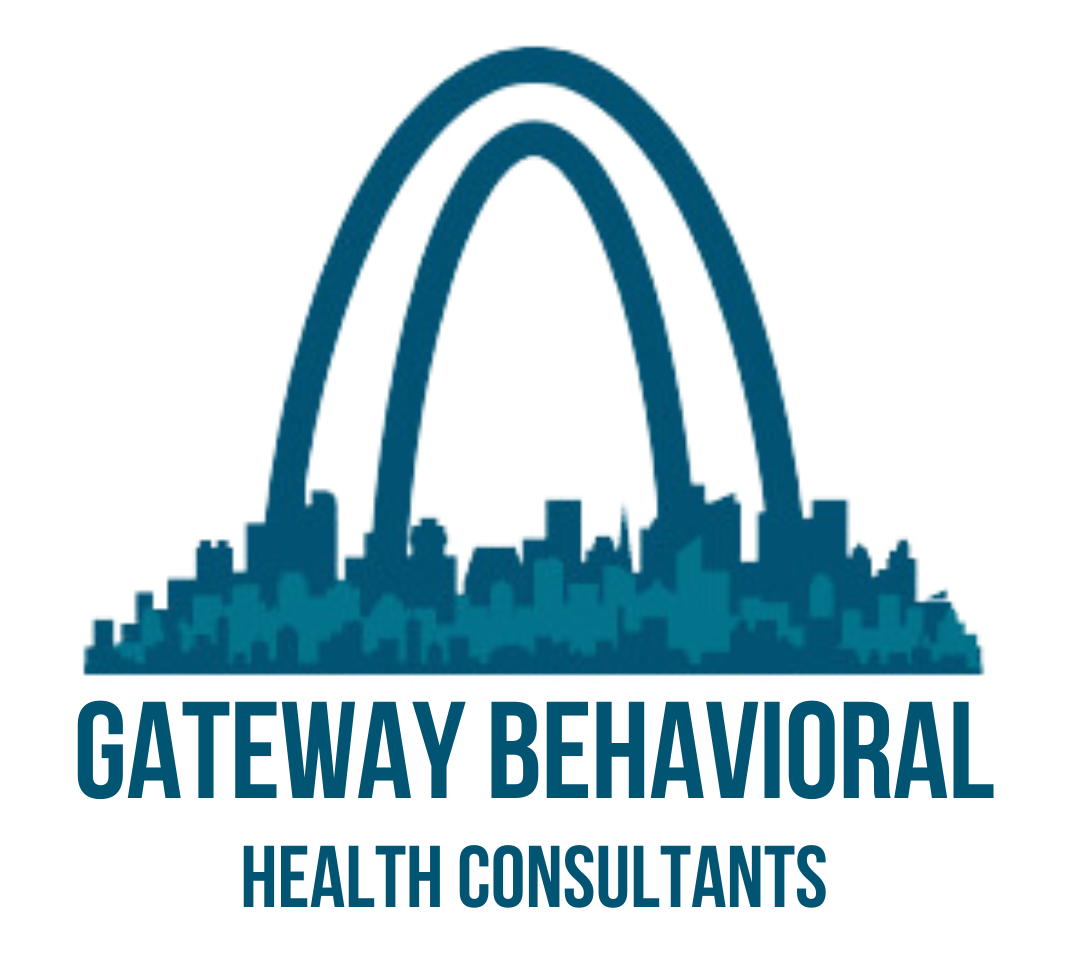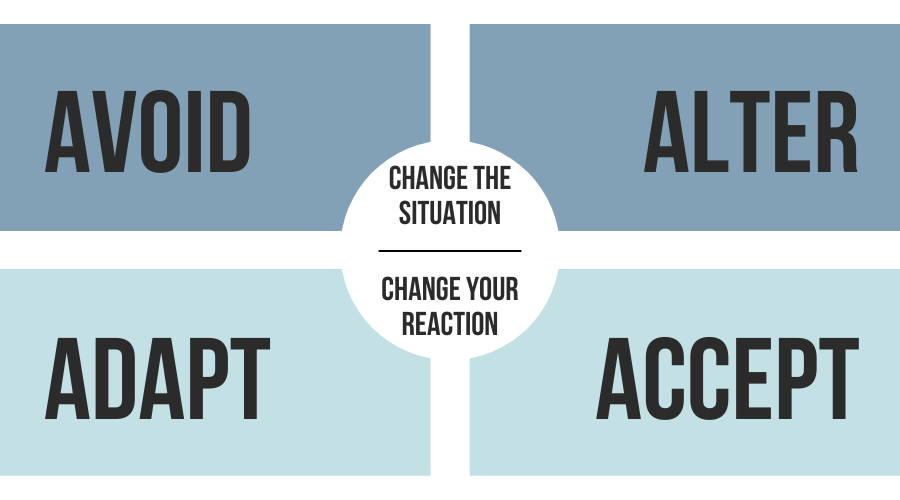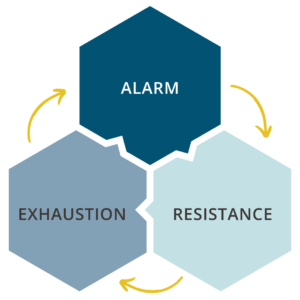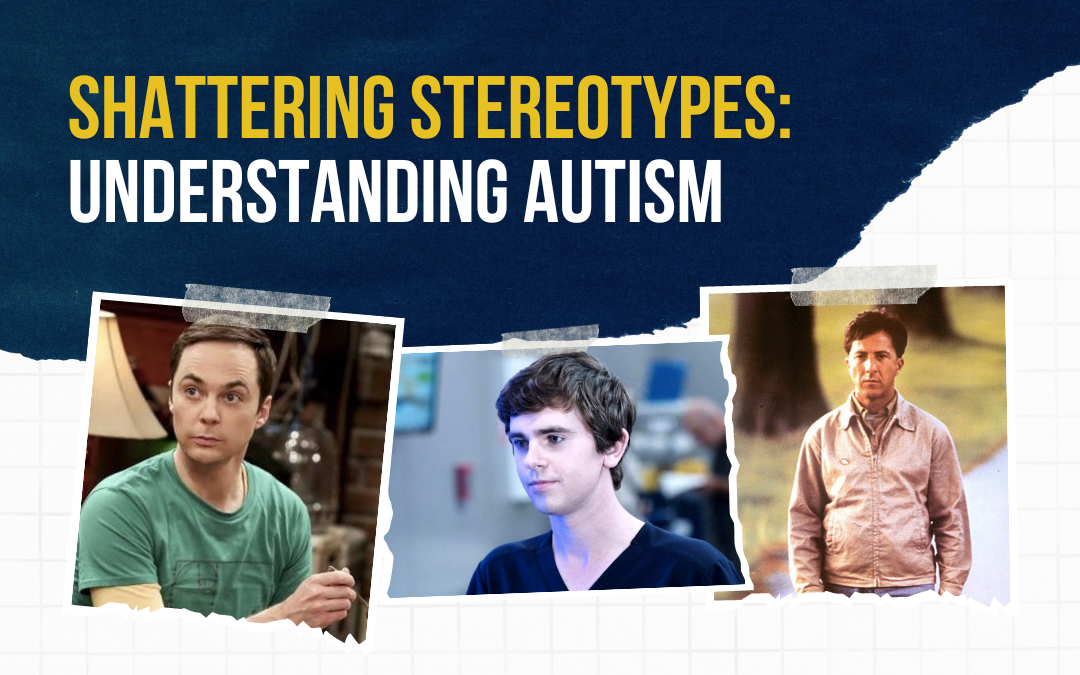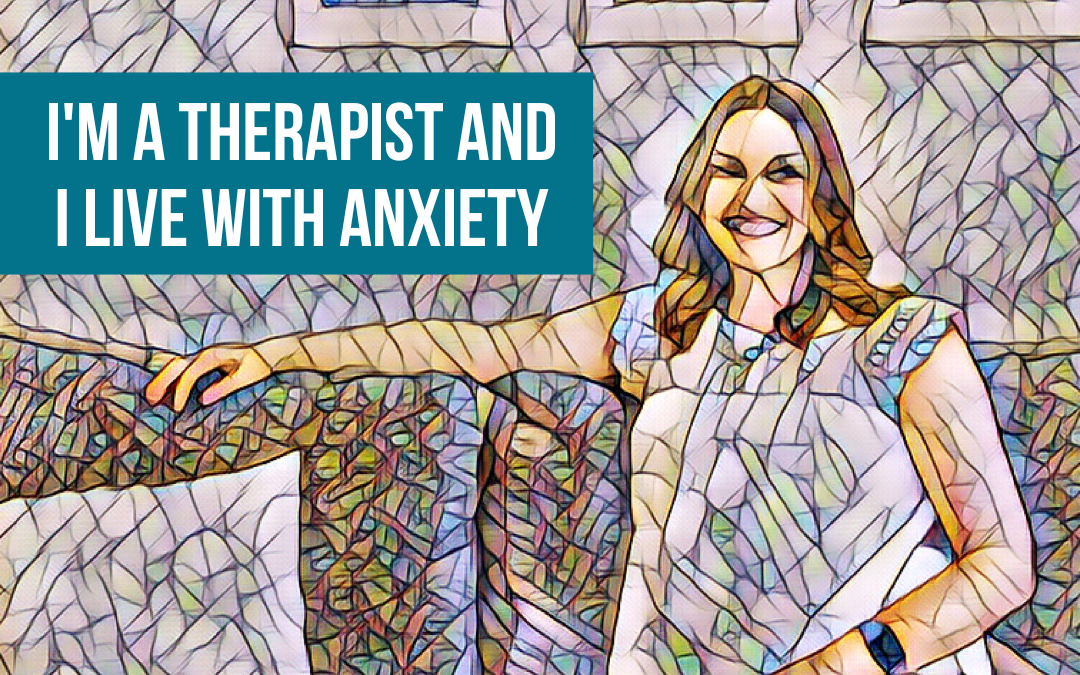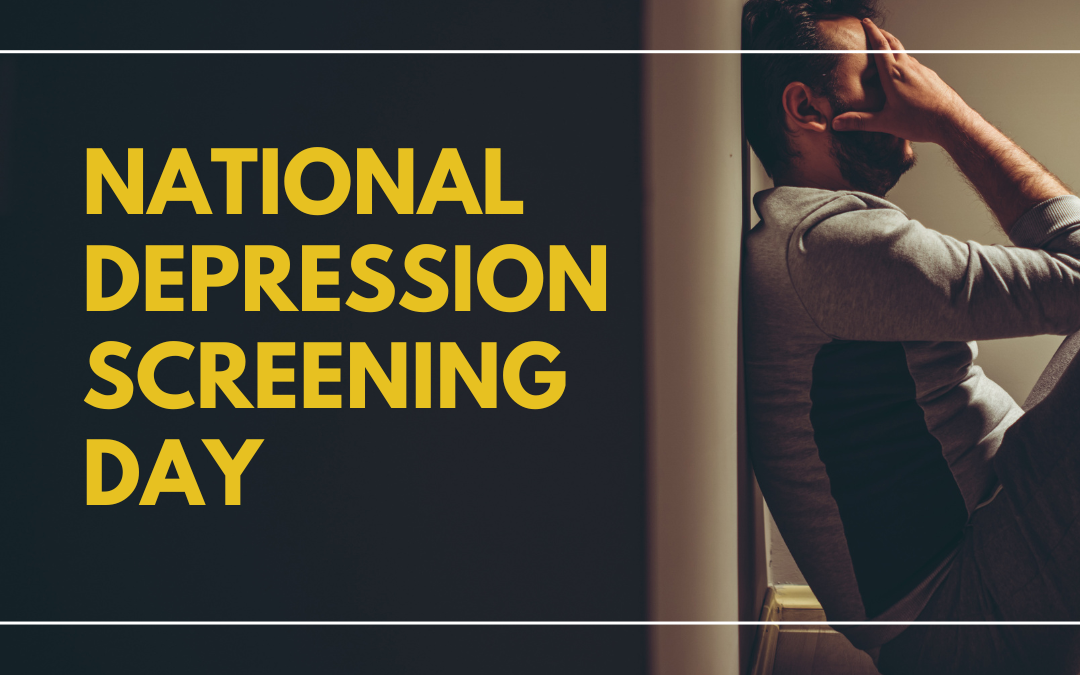Why Did It Take So Long to Get a Diagnosis: Autism and Misdiagnosis
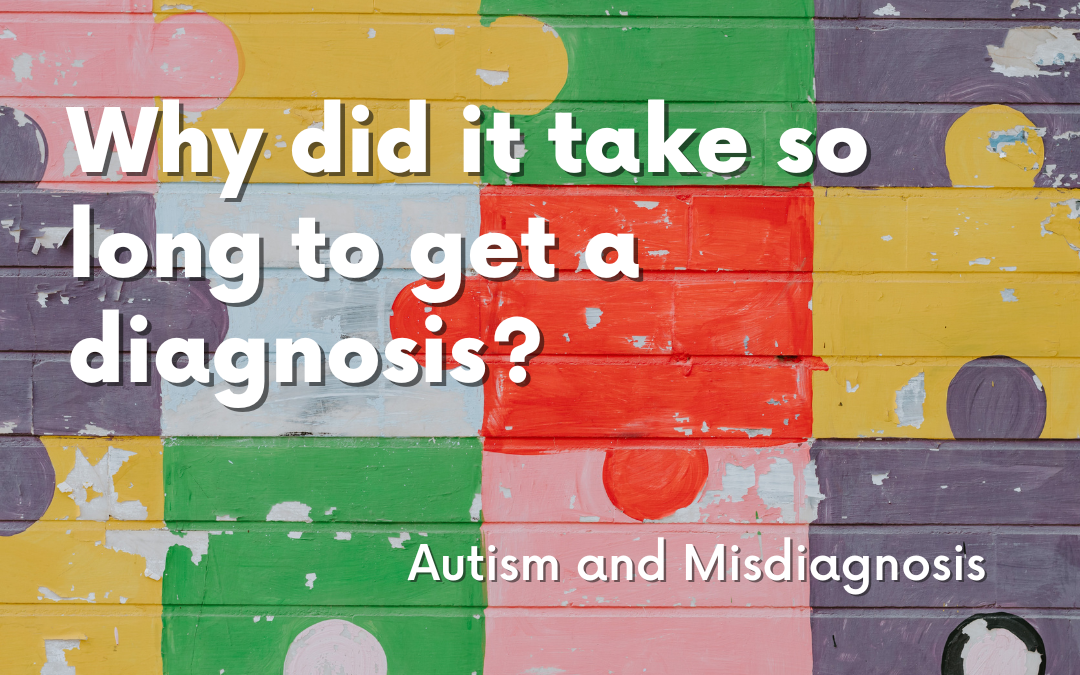
Rates of Autism have consistently been rising since 2000. Current data estimates 1 in 44 children have been diagnosed with Autism. There is an argument that rates have increased due to “overdiagnosis” of Autism. On the other hand, awareness of Autism Spectrum Disorders (ASDs) has improved which may also account for the increased diagnosis rate.
Although there has been a significant increase in awareness for ASDs, it is still misunderstood due to common misconceptions and unfamiliarity with how symptoms present. For example, it was believed that ASDs were more common in boys than girls. More recently, medical professionals have begun to realize the disorder presents differently in females which may have impacted ASD diagnosis in this population.
More and more adults are seeking a diagnosis for the first time. Many of these individuals have struggled through life due to being misdiagnosed or not receiving any type of diagnosis. There are several reasons why ASDs are misdiagnosed. Below we will discuss some of the reasons Autism has historically not been accurately diagnosed.
Autism Presents in Different Ways.
As the name suggests, Autism symptoms present in many different and sometimes seemingly incompatible ways. Because symptoms present differently in each individual, it can be difficult to recognize and accurately diagnose the disorder.
Autism is Misunderstood.
In the media, ASD has typically been portrayed by white men who have extraordinary skills in science and/or math but are extremely awkward socially. This has led to people misunderstanding the disorder and the wide range of symptoms that are characteristic of ASD.
Autism Has High Rates of Co-occurring Disorders.
ASD often co-occur with other mental health disorders, including anxiety, mood disorders, intellectual disabilities, and ADHD, just to name a few. It is important to have a qualified mental health professional complete a comprehensive assessment to accurately diagnose mental health conditions which need treatment.
There is No Definitive Medical Test for Autism.
Unlike some medical conditions, such as genetic disorders, cancer, and diabetes, there is no one single test to confirm an autism diagnosis. A diagnosis of autism often involves an in-depth interview with the individual and family members as well as psychological testing.
Lack of Understanding and Training Among Medical Professionals.
There are limited mental health professionals with the appropriate training to accurately diagnose Autism and other co-occuring mental health conditions. The number of professionals with training to diagnose teens and adults with ASD is even lower as the priority has been identifying this disorder in children.
Misdiagnosis of ASDs has a significant impact on the individual and their loved ones, including poor understanding of themselves, low self-esteem, relationship problems, and difficulty functioning in academic and occupational environments. Receiving a diagnosis of autism can often be validating and give them a narrative to understand their experiences. It is important for teens and adults seeking a diagnosis to find a professional who has training and experience with Autism diagnosis as well as provides a comprehensive evaluation that assesses for other co-occuring mental health conditions.
Dr. Ritchie has over 10 years experience doing psychological evaluations with children and adults. Evaluations are comprehensive and consist of cognitive, social-emotional, and autism specific assessments. The evaluation is designed to identify conditions which need treatment, help clients better understand themselves, and provide recommendations to help the individual function successfully in their daily life. Contact us for an initial consultation or to schedule your evaluation.
The post Why Did It Take So Long to Get a Diagnosis: Autism and Misdiagnosis appeared first on Gateway Behavioral Health Consultants.
- Mon - Fri
- -
- Sat - Sun
- Closed
Evenings Available By Appointment

